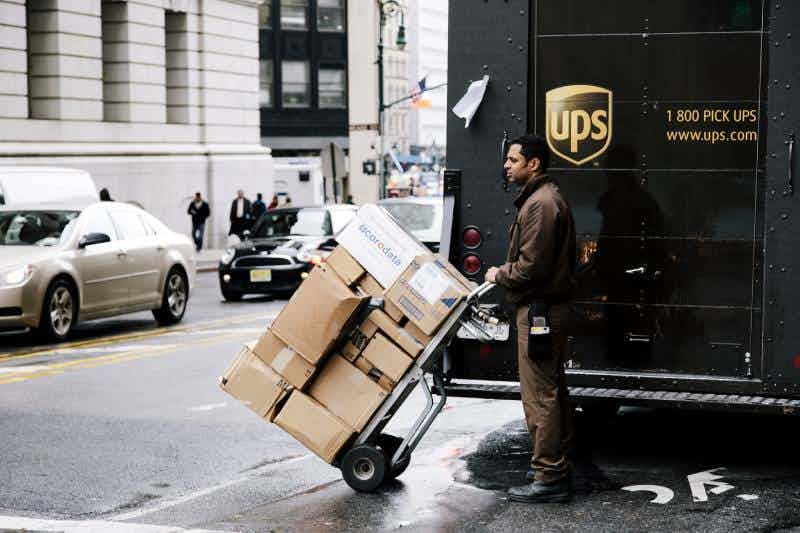Following congressional passage of the “vape mail” ban that will end U.S. Postal Service shipping of vaping products to consumers, UPS has joined Fedex in announcing it too will end shipping of vapes. The ban covers shipping to both consumers and businesses.
"Effective April 5, 2021, UPS will not transport vaping products to, from, or within the United States due to the increased complexity to ship those products," a company spokesperson told Vaping360 by email. The policy, which will soon leave no major shipping service willing to deliver vaping products to homes, has left online vaping retailers scrambling to find a solution.
The announcement followed days of uncertainty, with some vaping businesses being told that their accounts would be closed, and others being reassured that the company’s tobacco and vapor product policy would not change. (The UPS website has still not amended the policy.)
Fedex had already confirmed that it will end vapor product shipping as of March 1. DHL, the other major shipping service, previously banned domestic retail shipments of e-cigarettes and all nicotine-containing products.
"The policy, which will soon leave no major shipping service willing to deliver vaping products to homes, has left online vaping retailers scrambling to find a solution."
The new law, which was inserted into the federal Omnibus Spending Bill, mandates that the U.S. Postal Service create regulations within 120 days banning U.S. Mail delivery of vaping products—whether they contain nicotine or not. The bill was so broad that the wording includes all vaping products, including all cannabis, CBD, delta 8 carts and flavor-only liquids and devices.
The Postal Service has not issued its new rules yet. Existing USPS regulations allow manufacturers and distributors to ship cigarettes and smokeless tobacco to each other, but not directly to customers. If those rules carry over to vaping products, vape shops will still be able to receive products, but individual customers will be unable to receive deliveries at home.
In addition to banning USPS deliveries of vaping products, the “Preventing Online Sales of E-Cigarettes to Children Act” forces vape product sellers into the Prevent All Cigarette Trafficking (PACT) Act, which is part of the larger federal Jenkins Act. The PACT Act imposes a series of stringent requirements on shippers of included products:
Sellers who do not register or don’t comply with the requirements of the PACT Act are subject to severe penalties, including prison. The PACT Act provisions of the law take effect in late March, and apply to all online sales, no matter which carrier ships them.
You can read our previous coverage of the “Preventing Online Sales of E-Cigarettes to Children Act” here:

Jim McDonald
Vaping for: 13 years
Favorite products:
Favorite flavors: RY4-style tobaccos, fruits
Expertise in: Political and legal challenges, tobacco control haters, moral panics
Jim McDonald
Smokers created vaping for themselves without help from the tobacco industry or anti-tobacco crusaders, and I believe vapers and the vaping industry have the right to continue innovating to give everyone who wants to use nicotine access to safe and attractive non-combustible options. My goal is to provide clear, honest information about vaping and the challenges nicotine consumers face from lawmakers, regulators, and brokers of disinformation. You can find me on Twitter @whycherrywhy


